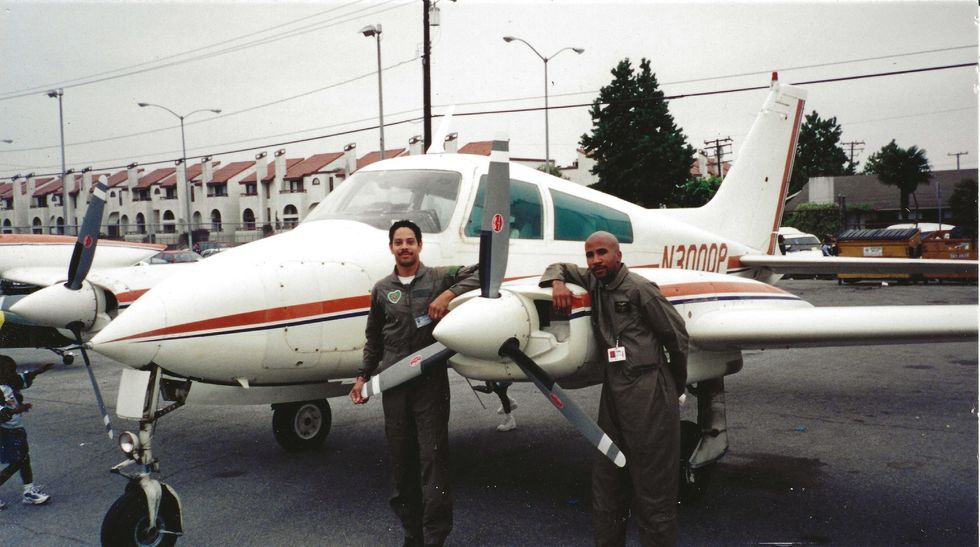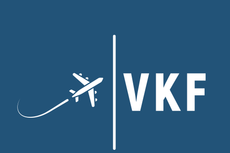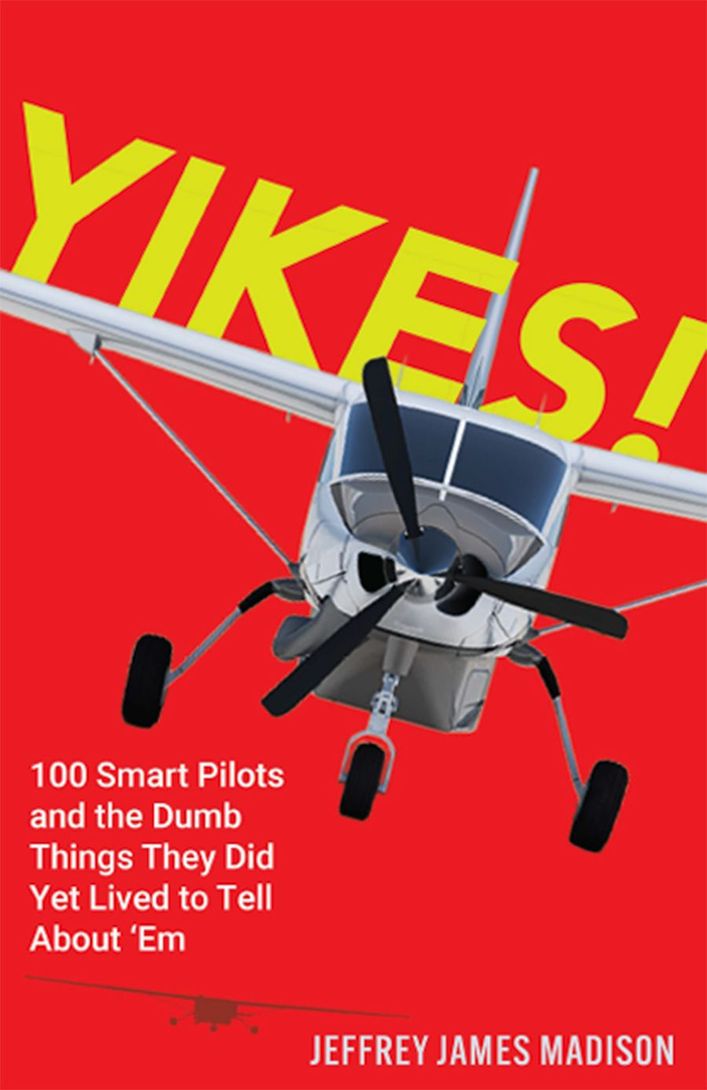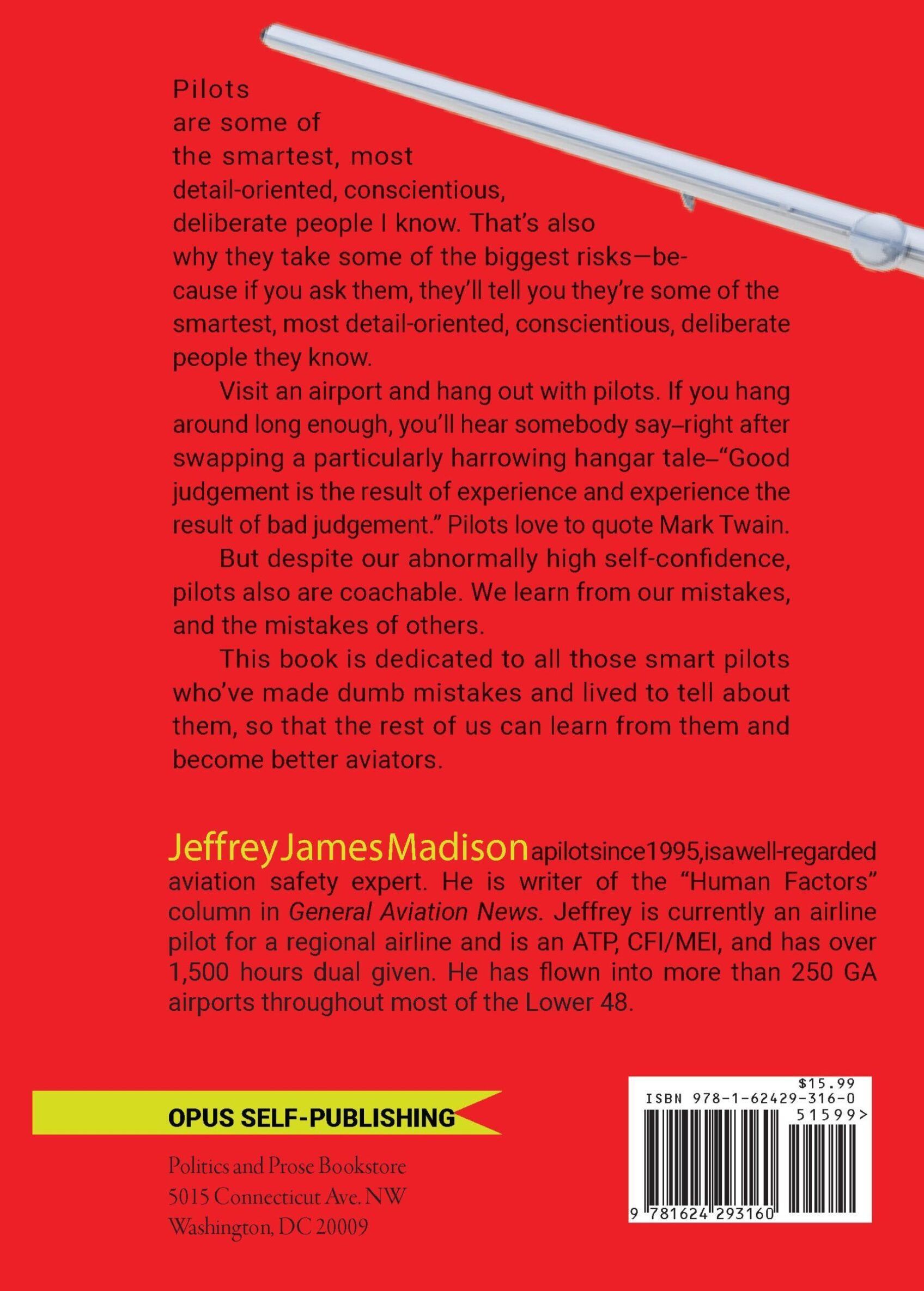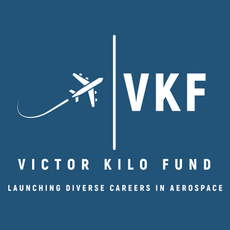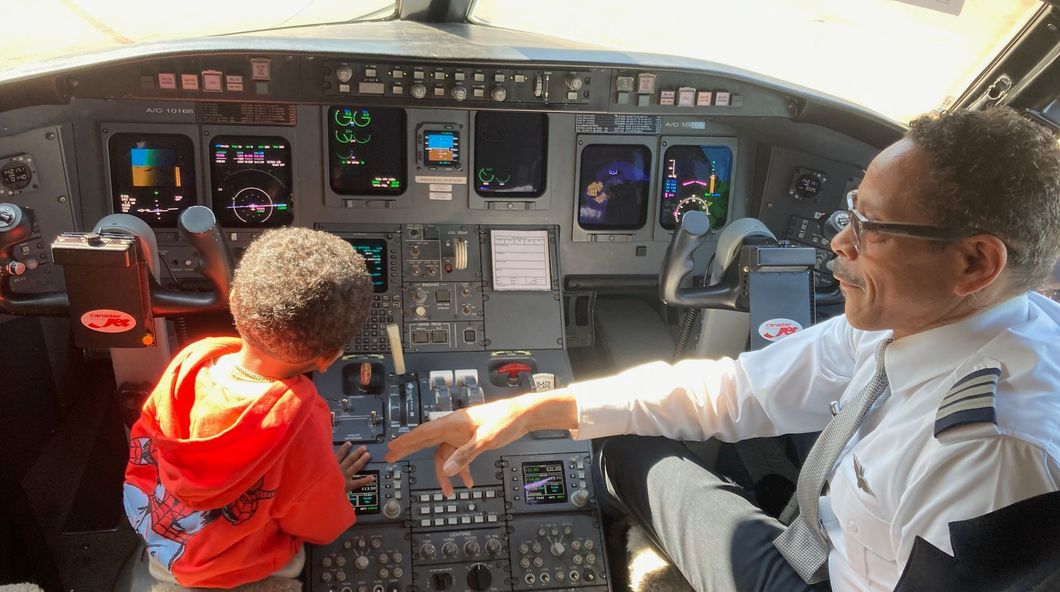
One Million Books. Countless Futures. Fueling the Next
Generation of Aviators.
The Victor Kilo Fund is on a mission to help train and educate the next generation of pilots by selling one million copies of
YIKES! 100 Smart Pilots and the Dumb Things They Did Yet Lived to Tell About 'Em. Every book sold directly supports our vision—equipping flight schools, Civil Air Patrol squadrons, and STEM programs in under-resourced communities with full-motion flight simulators and scholarships. As the aviation industry faces an urgent shortage of skilled professionals, Victor Kilo Fund is utilizing innovative, story-driven fundraising to inspire, train, and launch future aviators from diverse backgrounds.
PRAISE FOR YIKES!…
“YIKES!…is gripping. I picked it up and couldn’t put it down. Congratulations on writing such a highly recommendable book.”
–Captain Neal Schwartz, United Airlines
“I read this book, cover to cover, in one sitting. It spoke to me in a little voice that said, ‘Remember when that was us?’ JJ writes beautifully about the places every professional pilot of enough experience has been. If you want to be prepared before you go there, read this book.”
–Captain Hans Yao, Southwest Airlines
“I find that your book really contributes to Aeronautical Decision-Making in the most effective way. Thank you for such a thoughtful book!”
–FAA Part 141 Chief Flight Instructor, James Aaron Modeste
“Pilots love to tell stories. Some of the best stories are when they tell on themselves. YIKES!…is a collection of the best of the best of those stories–thrilling, scary and flat out funny. YIKES!…is a page-turner, filled with stories that teach other pilots how to become better pilots and non-pilots just how hard it is to become a great pilot. “
–Captain Ben Pegram, PSA Airlines
Our Mission
To close the aviation talent gap by providing:
- Scholarships for aspiring pilots, mechanics, and aviation students
- Full-motion flight simulators to under-resourced flight schools and Civil Air Patrol squadrons
- Support and funding for inclusive aviation and STEM organizations working in underserved communities rural, urban or suburban
We're focused on building real-world skills, creating career pathways, and offering hands-on training for those who need it most.
Through the sale of one million books—YIKES! 100 Smart Pilots and the Dumb Things They Did Yet Lived to Tell About 'Em—we're funding the future of aviation, one story at a time.
The Vision
The Victor Kilo Fund is reimagining how we inspire and support the next generation of aviation professionals. Our vision is to:
- Spark interest in aviation and aerospace careers
- Empower tomorrow's leaders through training, access, and opportunity
- Provide under-resourced individuals of all ages with the tools to thrive
We're not just talking about it—we're taking action.
By 2030, the aviation industry will need:
- 30,000+ new pilots in the U.S. (and over 250,000 globally)
- 130,000+ new aviation mechanics in the U.S. (and 400,000+ worldwide)
- 24,000+ new air traffic controllers in the U.S.
- 3,800+ new aerospace engineers
The challenge? These jobs can't be filled unless we develop a more inclusive talent pipeline, one that reaches young people from all backgrounds and communities. That's where we come in.
The Visionary -
Jeffrey James Madison
Meet "JJ" Madison: Airline Pilot, Aviation Author, and Champion for the Next Generation
Jeffrey "JJ" Madison is a Harvard-educated flight instructor, mentor pilot, author and airline pilot. Today, he's leading the charge to build a more inclusive and resilient aviation industry—but his own journey to the flight deck didn't begin until age 35.
Although JJ dreamed of becoming a pilot since childhood, it wasn't until he met a group of Black and female aviators—including three Tuskegee Airmen—that he genuinely believed an aviation career was possible.
"There's a saying:
'You can't be what you can't see.' That was me. I didn't see a path until I met Black pilots for the first time through the California Black Aviation Association. That's when I finally earned my private pilot certificate." Through that same community, JJ met two Black female astronauts and aviation legends, such as Tuskegee Airmen C. Alfred "Chief" Anderson's colleague, instructor Mr. Foreman, as well as World War II heroes Roger Terry and Lee Archer. Their mentorship showed him that achieving a professional career in aviation was not only possible—it was necessary.
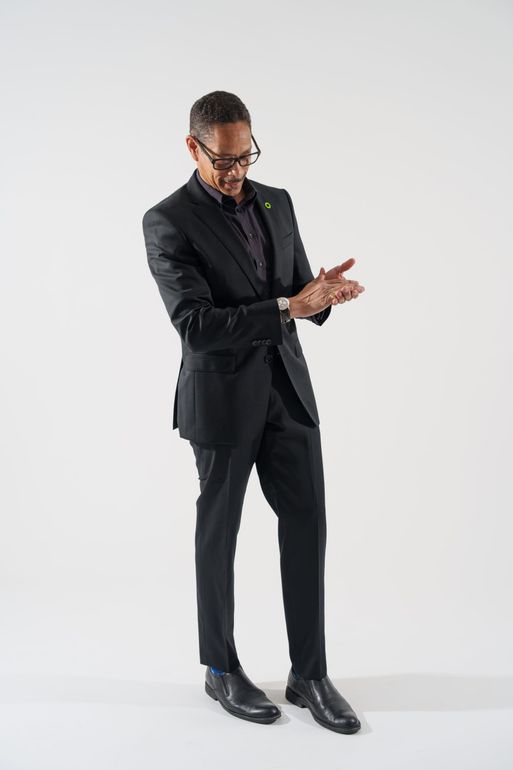
JJ's aviation career faced significant turbulence during the 2008 financial crisis, when thousands of pilots were laid off. But he never gave up. He kept his First-Class Medical certificate current, maintained his instructor credentials, and stayed connected to aviation by writing safety-focused columns for General Aviation News, AOPA, and other aviation media. For six years, his column, "Human Factors," in General Aviation News, broke down real-world pilot mistakes using NASA's Aviation Safety Reporting System (ASRS), helping other aviators learn from past incidents.
His perseverance paid off. In 2023, at the age of 60, JJ was rehired as a commercial airline pilot, demonstrating that resilience and mentorship can keep dreams alive, despite setbacks.
Now, JJ is using that experience to give back. Through the
Victor Kilo Fund, he's committed to creating pathways into aviation for underrepresented youth and adults—providing scholarships, equipment, and opportunity to build the next generation of pilots, mechanics, and aerospace professionals.
"The aviation community helped lift me. Now, it's my turn to pay it forward." - Jeffrey James Madison
Yikes!... Author Q&A
What inspired you to write "YIKES! 100 Smart Pilots and the Dumb Things They Did Yet Lived to Tell About ‘Em"?
I’ve been fortunate to have many people help me along my journey to becoming an airline pilot, and I wanted to pay it forward. As a Black airline pilot, I represent just 3.4% of the airline pilot population. The numbers are even smaller for other minority groups and women. This lack of diversity is troubling, especially given the looming pilot shortage in the U.S., where the industry is expected to be short 30,000 pilots by 2032. This shortage is driven by factors like mandatory retirement, a shrinking pool of military-trained pilots, and the high costs civilian pilots face to gain the necessary skills. The industry needs to promote real diversity to meet these hiring goals, and I’m committed to being part of that solution.
The stories in YIKES!... are from 100 smart pilots who made mistakes and lived to share their experiences. My goal is to share the wisdom they gained so others can learn from it. By donating 100% of the proceeds to fund scholarships and provide Redbird full-motion flight simulators for aviation and STEM organizations, I’m hoping to support the next generation of pilots in achieving their dreams, particularly those from underrepresented groups.
Can you tell us more about the stories in "YIKES! and what readers can expect?
YIKES!... is a collection of true stories taken from NASA’s Aviation Safety Reporting System database, where pilots anonymously share their close calls and moments of bad judgment. These stories, which I analyzed in my “Human Factors” column for General Aviation News, are both entertaining and educational. Readers will gain insights into the human factors that impact aviation safety, all from the comfort of their favorite armchair. It’s a book that resonates with both pilots and non-pilots, offering valuable lessons in decision-making and the importance of learning from mistakes.
How do you see "YIKES!" making an impact beyond just being a good read?
YIKES!... is more than just a book; it’s a tool for change. By purchasing the book, readers are directly contributing to funding scholarships and flight simulators for under-resourced flight schools, Civil Air Patrol squadrons, and STEM programs. These resources are critical in helping young people, especially those from underrepresented communities, to pursue careers in aviation. It’s about opening doors and creating opportunities for the next generation of pilots. Filling the gap in the pilot workforce is going to require increasing the numbers of Black, Indigenous, and other People of Color (BIPOC), women, and LGBTQIA+ pilots. Most minority pilots are at a resource disadvantage when it comes to aviation training. I was one of those pilots, but I was also fortunate to have a disparate team of people help me achieve my dream. Now, I’m passionate about paying it forward.
What are your goals for the philanthropic initiatives tied to the book?
My primary goal is to support 100 flight schools, Civil Air Patrol squadrons, and other STEM organizations by providing them with scholarships or funding for Redbird full-motion flight simulators. These simulators are essential for training and developing skilled, safe pilots. I also aim to raise awareness about the need for diversity in the aviation industry and to inspire others to contribute to this cause. Ultimately, I want to see a more inclusive and diverse pilot workforce that reflects the world we live in.
How does your work with "YIKES!" align with your broader mission in aviation and education?
My broader mission is to foster a more inclusive aviation industry by providing the resources and support needed to help aspiring pilots, particularly those from minority and underrepresented groups, achieve their goals. YIKES!... is a natural extension of this mission. It’s not just about learning from the past; it’s about using those lessons to build a better future for aviation. It’s about learning through failing. Through the book and its associated initiatives, I’m working to ensure that the next generation of pilots has the tools and opportunities they need to succeed.
What has been the response to "YIKES!" so far?
The response has been incredibly positive. Readers appreciate the candidness of the stories and the valuable lessons they offer. The aviation community, in particular, has embraced the book as a resource for learning and growth. I’ve also been encouraged by the support for the philanthropic side of the project, with many people stepping up to contribute to the cause. It’s been gratifying to see how the book is making a difference, both in terms of safety education and in supporting future pilots.
How can readers get involved and support your initiatives?
The easiest way to support the initiatives is by purchasing a copy of, downloading the e-book or the audiobook version of YIKES!... Every dollar from book sales goes directly to funding scholarships or providing flight simulators to aviation and STEM organizations, especially those serving BIPOC, LGBTQIA+, and ADA students. Additionally, I encourage people to spread the word about the book and the cause. If you’re involved in aviation or education, consider partnering with us to help bring these resources to those who need them most. Together, we can make a significant impact on the future of aviation.
What's in this book for non-pilots?
This book is great for non-pilots because reading it will give them greater appreciation for what it takes to become a good pilot. The stories in it reveal the mindset of pilots, the critical training they need to handle tough situations in rapidly changing environments, along with a better understanding of the resilience, focus and determination needed to achieve a high level of pilot skill.
GIVE BACK
When you buy this book, you’re not just getting powerful stories—you’re giving someone the chance to fly.Proceeds go directly toward flight simulators, scholarships, and aviation training for individuals in under-resourced communities. Your support helps unlock doors to careers in aviation, turning dreams into takeoffs for the next generation.
Supporting the Eagle Flight Squadron
The Victor Kilo Fund was inspired by the mission of Eagle Flight Squadron—a nonprofit organization founded in 1975 that has empowered youth through hands-on aviation training for nearly five decades. Eagle Flight has long emphasized the value of trade skills, manual training, and academic excellence, offering students a rare opportunity: to earn their private pilot license by the end of high school. Building on that legacy, the Victor Kilo Fund is dedicated to expanding access to aviation careers for underrepresented communities by funding scholarships, flight simulators, and aviation-focused STEM programs across the country. Our goal is simple—give more young people their wings and a pathway into the skies.
Board of Directors
The Victor Kilo Fund’s Board of Directors leads with passion, experience, and a shared commitment to expanding access to aviation. They drive our strategic initiatives, build meaningful partnerships, and champion programs that empower students from under-resourced communities. From fundraising and scholarship development to community outreach and oversight, our Board plays an active, hands-on role in shaping the future of the VKF and inspiring the next generation of aviators.
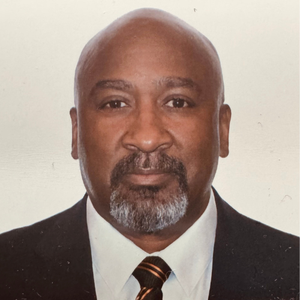
Kevin Sagers
Kevin Sagers is a retired USAF Lt. Colonel, former USMC and airline captain, CH-46 and C-130 pilot, and aviation safety graduate now flying as a Captain for Southwest Airlines.

Janice Wood
Janice Wood has been the editor of General Aviation News since 2002. A native of Ohio, she graduated from Kent State University and has worked at publications in Ohio, Texas, California, and beyond.
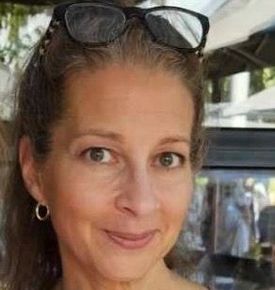
Maude Windsor
Maude Windsor is a 28-year middle school educator, 15-year ESOL department head, 2001 MD ESOL Teacher of the Year, and two-time National Board Certified teacher.
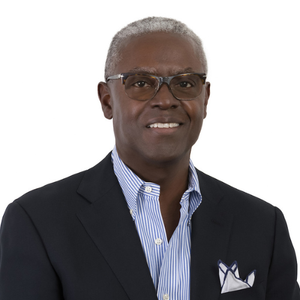
James R. Turner, Jr.
James R. Turner, Jr. is the retired Director of Affirmative Action at Boeing and a former U.S. Dept. of Labor executive with over 30 years of leadership in AA, EEO, and diversity policy.
Contact Us
Thank you for contacting us, we will respond shortly.
Contact Us
We will get back to you as soon as possible.
Please try again later.
